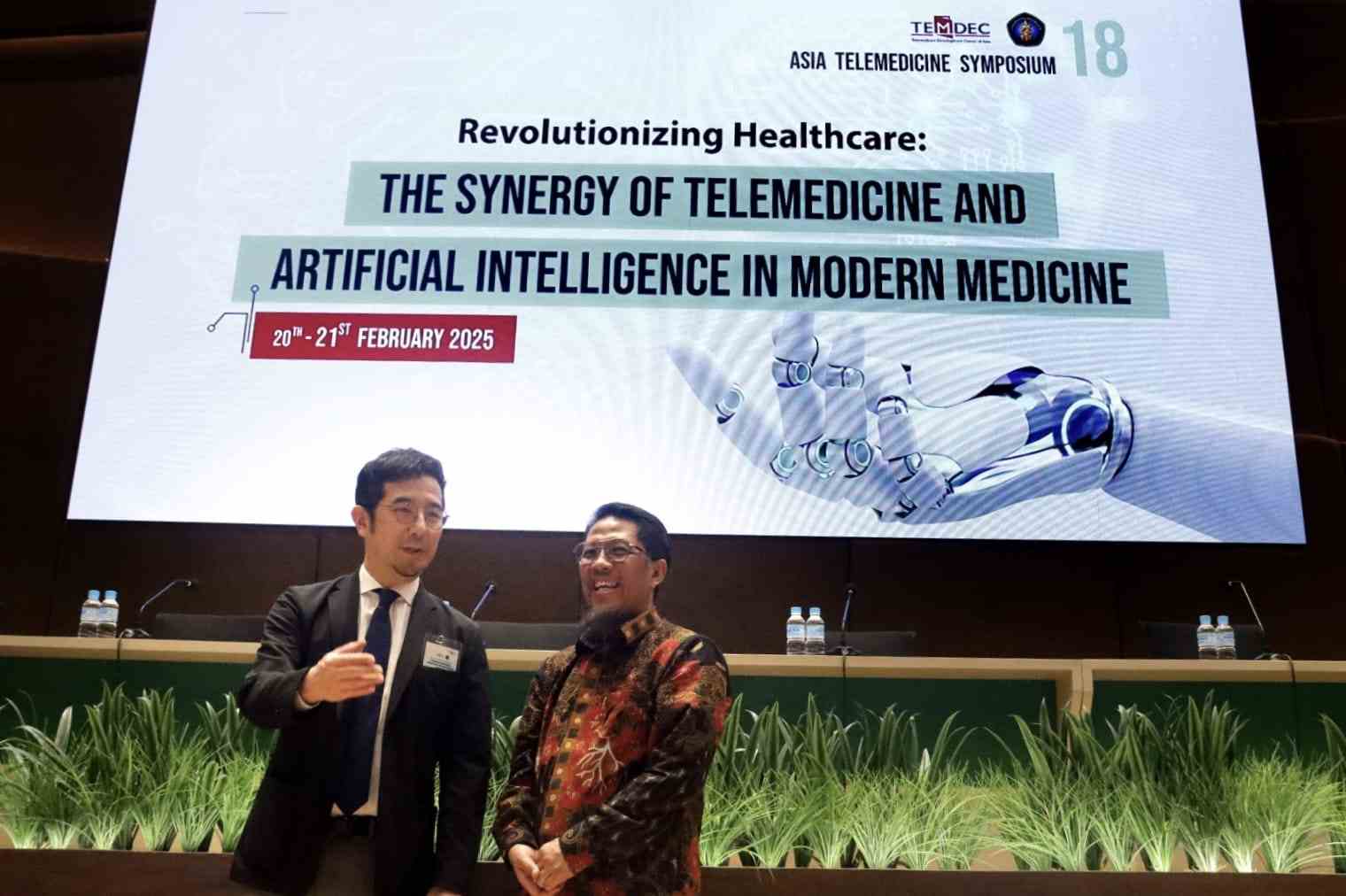The Faculty of Medicine at Universitas Brawijaya (UB) has unveiled a groundbreaking initiative that integrates Artificial Intelligence (AI) technology into healthcare services, enabling early disease detection through smartphones. This innovative approach aims to enhance accessibility and efficiency in medical diagnostics, particularly in regions with limited healthcare resources.
AI-Driven Healthcare Innovations
The integration of AI technology in healthcare has revolutionized traditional medical practices. By leveraging machine learning algorithms, AI can analyze complex medical data to identify patterns indicative of various health conditions. This advancement facilitates early diagnosis and intervention, improving patient outcomes significantly.
One notable application is the use of AI in analyzing health data to proactively identify high-risk patients without direct testing. This approach allows for the early detection of potential health issues, enabling timely medical interventions.
Smartphone-Based Disease Detection
The proliferation of smartphones has opened new avenues for healthcare delivery. UB's initiative capitalizes on this by developing AI-powered applications capable of detecting early signs of diseases using smartphone sensors. For instance, combining smartphone imaging with machine learning algorithms has shown great promise in identifying individuals with conditions like diabetic retinopathy, achieving sensitivities of more than 95%.
Similarly, AI-enabled frameworks have been proposed to diagnose conditions such as COVID-19 using smartphone-embedded sensors. These applications analyze data collected from various sensors to predict the severity of pneumonia and other related symptoms, providing a low-cost and accessible diagnostic tool.
Implications for Healthcare Accessibility
The adoption of AI technology in smartphone-based diagnostics holds significant potential for improving healthcare accessibility. In areas where medical facilities are scarce, individuals can utilize these applications for preliminary health assessments, facilitating early detection and treatment. Moreover, this technology empowers patients to monitor their health proactively, leading to better disease management and prevention.
However, the implementation of AI-driven healthcare solutions must address challenges such as data privacy, the need for extensive clinical validation, and ensuring that these technologies are user-friendly for diverse populations. Collaborative efforts between technologists, healthcare professionals, and policymakers are essential to maximize the benefits of AI in healthcare.
Conclusion
UB's introduction of AI technology in healthcare, particularly through smartphone-based early disease detection, marks a significant advancement in medical diagnostics. By harnessing the power of AI and the ubiquity of smartphones, this initiative has the potential to transform healthcare delivery, making it more accessible and efficient. As this technology continues to evolve, it promises to play a pivotal role in early disease detection and overall health management.
Read More






 Thursday, 05-02-26
Thursday, 05-02-26







